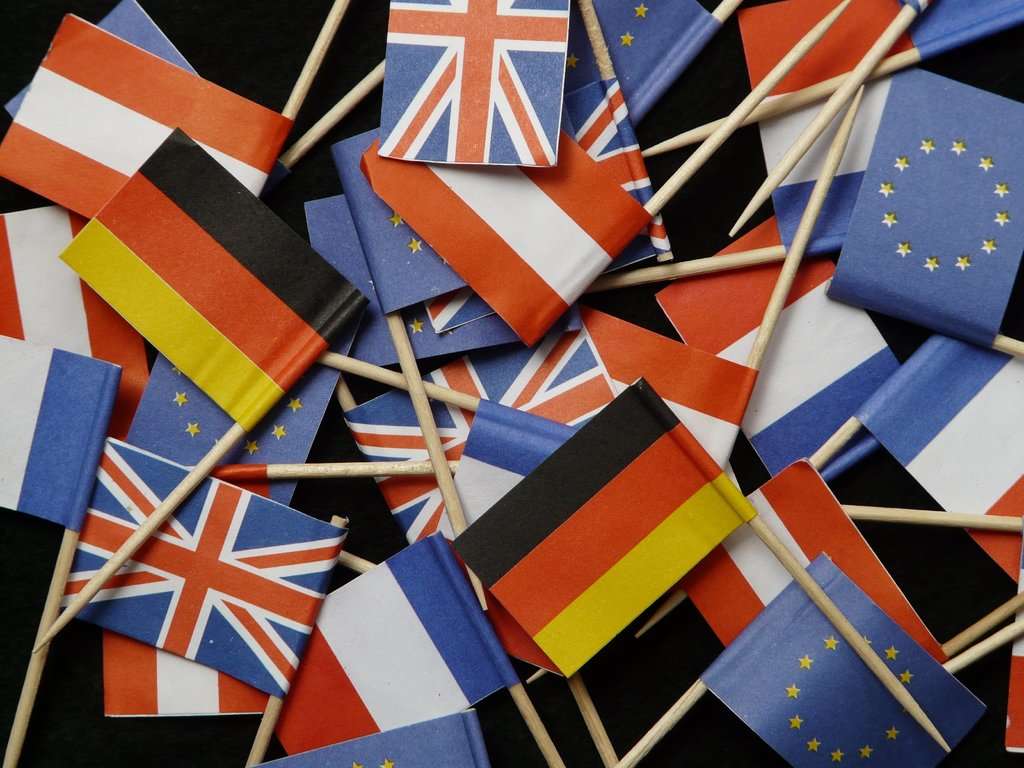
In a landmark ruling, the European Union has slapped Google with a record €2.95 billion ($3.5 billion) antitrust fine, marking one of the largest penalties ever imposed on a tech company. The European Commission concluded that Google abused its dominant position in the digital advertising market by favouring its own shopping and advertising services over competitors, distorting the market and potentially inflating costs for advertisers and consumers alike.
This latest fine is the fourth major EU sanction against Google since 2017, following previous penalties related to its shopping comparison service, the Android operating system, and other online advertising practices. The EU’s action comes as part of a broader crackdown on Big Tech companies, seeking to ensure fair competition in a market increasingly dominated by a handful of global players.
According to the European Commission, Google gave preferential treatment to its own services, such as AdX and DFP, in ways that stifled rival platforms and limited consumer choice. The ruling not only imposes a hefty financial penalty but also demands structural changes: Google must cease self-preferencing practices and could be required to divest parts of its ad-tech operations if a viable remedy isn’t proposed within 60 days.
Google, unsurprisingly, has vowed to appeal the decision. The company insists that its practices promote competition rather than hinder it, and argues that the fine punishes innovation while undermining European businesses. In a statement, Google described the ruling as “wrong and detrimental to a competitive marketplace,” signalling a high-stakes legal battle ahead.
This decision underscores the EU’s increasingly aggressive stance on regulating Big Tech. Other jurisdictions, including the United States, Canada, and the United Kingdom, are also scrutinising Google’s advertising technology business, suggesting that this ruling could herald a new era of global regulatory oversight.
Industry analysts say the fine is more than just a financial blow. It sends a clear message to tech giants that dominance in digital markets will be closely monitored and that anti-competitive practices will not be tolerated. With Europe leading the charge on digital market regulation, companies like Google are under unprecedented pressure to adapt to a more stringent regulatory environment.
As the dust settles, the case highlights the EU’s commitment to maintaining a level playing field in the digital economy, protecting both businesses and consumers. For Google, the implications extend beyond the fine itself—it may signal a fundamental shift in how tech monopolies are governed worldwide.
The ruling is a stark reminder that even the most powerful technology companies are not immune to scrutiny, and that Europe is willing to take bold action to defend competition and fairness in the digital age.













